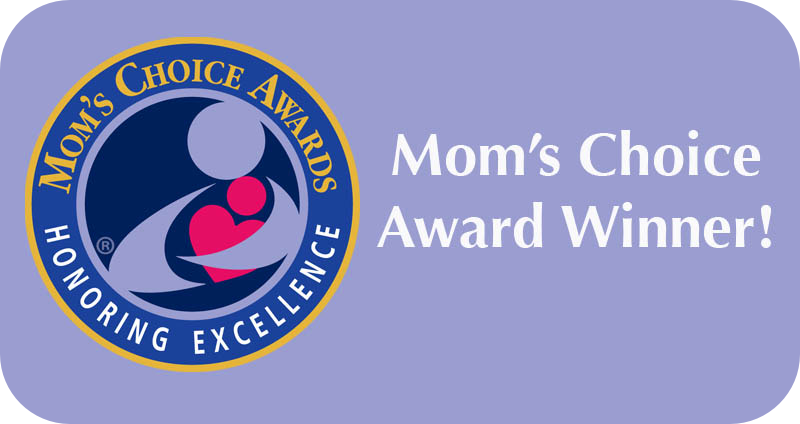Fill your own cup first—literally! Nutrition for breastfeeding parents

By Dr. Helene Darmanin, PT, DPT, CSCS
You’ve probably seen all types of recipes and ads for helping you lactate—helping your milk come in, or be more plentiful. But is there truth to any of it? Can what you ingest help you to nurse more successfully? Here are the facts from an experienced lactation counselor and a pregnancy/postpartum nutritionist.
In short, the answer is yes—what you consume can help support your milk supply, as well as your recovery from giving birth and health while you nurse. Lactation practitioner Disa Farris, MSEd, CLC points out that nursing parents who are malnourished still typically produce enough nutritious milk for their children—it’s their bodies that suffer, their nutrients that are sacrificed to nourish their little ones. But eating and drinking well can help keep yourself healthy and energetic to take care of your little one.
Erica Shulse, CD(DONA), CBE, CNS, certified pregnancy and postpartum nutritionist, recommends eating to satisfy your hunger and drinking to slake your thirst when you are lactating. She points out that you may need an extra 450–500 calories per day while nursing (about the same as during the third trimester). Shulse recommends staying well hydrated and getting these extra calories from healthy foods like complex carbohydrates, protein, vegetables, and fruits.

Says Farris, “Some foods are thought to have a lactogenic effect. Myths or truths? The good news is, most of them are good for you anyway.” Here are some foods that Shulse and Farris recommend that can support healthy nursing:

Shulse also recommends consuming large amounts of vitamin D and omega-3 fatty acids. Vitamin D supports the nursing parent’s bone health, as well as the infant’s developing bones and immune system. Omega-3 fats are “healthy fats” that support an infant’s brain and eye development. Foods like salmon, grass-fed beef, egg yolks, and fortified cereals may help you get enough of these nutrients, but Shulse recommends also having your doctor check your Vitamin D levels to see if supplementation is necessary.

Okay, so those are some foods to support nursing, but are there things that you should avoid? “There are no foods you need to avoid during breastfeeding, unless you are allergic to something. Some strongly flavored foods (like garlic) may change the taste of breastmilk, but most babies are not bothered by these changes,” says Shulse. Additionally, if you notice that your little one is having a lot of gas (or fussing more than usual), you can try cutting back on gassy foods such as beans, brussels sprouts, or cabbage.

Shulse and Farris recommend that if you notice that your baby has any of the following issues, think back to what you ate recently, and try eliminating it for 2–3 weeks to see if the symptoms improve. If so, your baby may have a sensitivity or allergy to that food (this must ultimately be diagnosed by a medical professional).
It is always a good idea to discuss any of these symptoms and/or your suspicions of sensitivity with your child’s medical provider.
Farris also strongly suggests avoiding fenugreek, an herb that is traditionally thought to encourage milk production, as it can decrease supply, cause severe allergic reactions, and affect blood sugar. Additionally, Farris says that excessive amounts of peppermint and many medications can decrease milk supply, including decongestants, stimulants like 5-minute energy “shots,” many types of birth control, and some blood pressure medications.

Breastfeeding can foster a positive, beautiful bond with your baby, but can come with temporary challenges. It can be incredibly beneficial to make healthy decisions about your diet, and also to receive individualized support from nutrition and lactation practitioners to help you on that journey and give you the energy to enjoy your little one.
Always check with your healthcare provider before starting supplementation.
ABOUT THE AUTHOR:
Dr. Helene Darmanin, PT, DPT, CSCS, is an orthopedic and pelvic health physical therapist and founder of Mama Bear Physical Therapy, a personalized virtual practice clinic that provides orthopedic, pelvic health, lactation, and nutritional care and support for pre and postpartum women via personalized one-on-one sessions and virtual group classes. To learn more about Mama Bear Physical Therapy, please visit, https://www.mamabearpt.com/
Disclaimer: The views and opinions expressed in this article are those of the authors and do not (necessarily) reflect the views of PregnancyJournal.com. PregnancyJournal.com can in no way whatsoever be held responsible for the content of such views nor can it be held liable for any direct or indirect damage that may arise from such views.




